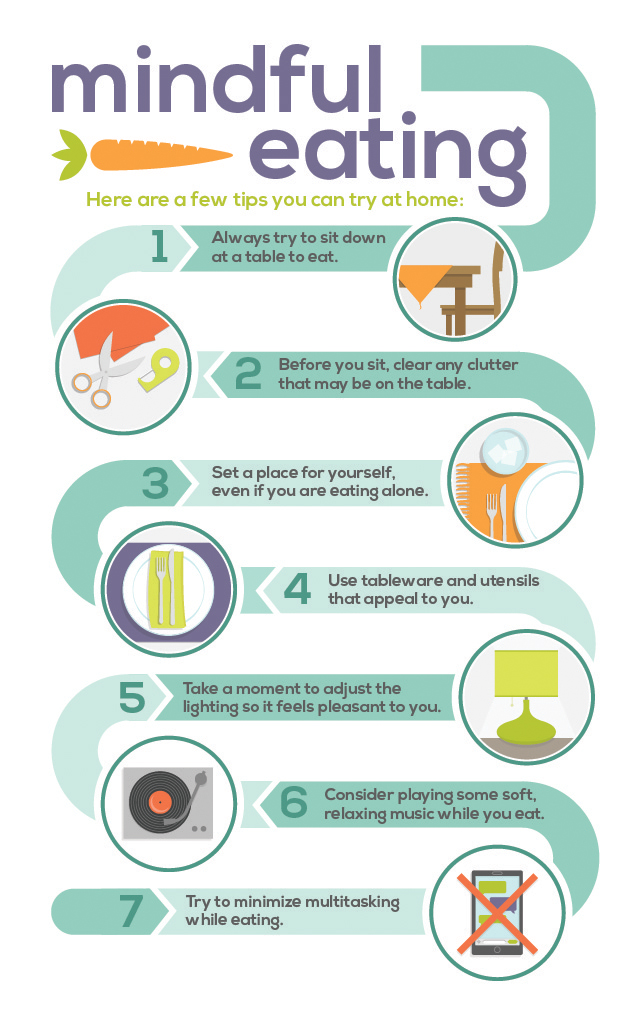Eating More Often, Weighing Less
Eating multiple small meals throughout the day tends to add up to fewer total calories and may result in lower weight. That may be especially true when compared to consuming fewer meals topped by a big dinner that includes some alcohol, a combination that can boost body mass index (BMI). These study findings come from a joint effort by British researchers at Imperial College London and a team from the Feinberg School of Medicine at Chicago’s Northwestern University. The investigators analyzed data from a study conducted between 1996 and 1999 that included 2,385 adults. It showed that study participants who reported eating less than four times a day took in a daily average of 2,472 calories and had an average BMI of 29.0, considered overweight and just short of obesity (a BMI of 30 or greater). In contrast, participants who ate six times or more per day took in an average of 2,129 calories. Their BMIs averaged 27.3, within the BMI range of overweight: between 25 and 29.9. A normal weight BMI ranges from 18.5 to 24.9. The researchers reported that people who ate frequently also tended to consume foods lower in calories and higher in nutritional value. The study doesn’t prove that eating more often leads to weighing less, but it does show an association between more frequent meals and a lower BMI.
Dr Weil thoughts. This study’s results reflect what’s been termed “intuitive eating.” The practice involves paying attention to your body, eating only because you’re hungry (as opposed to bored or sad), and stopping when you’re full. It doesn’t limit what you eat or how much you eat. A study of intuitive eating among college students published in 2005 showed that intuitive eaters typically weighed less and had a lower risk of cardiovascular disease than other students. Intuitive eating is akin to the concept of mindful eating, which involves teaching the basic tenets of mindfulness meditation. Eating mindfully simply means slowing down, and paying attention to feelings of fullness. In this new study, people who ate most frequently reportedly also ate more nutritious, lower calorie foods, but I suspect that habitual frequent eating often goes the other way. Many overweight people eat unconsciously for reasons that have nothing to do with hunger, reaching for chocolates, snack foods or other “comfort” foods because of being stressed, depressed, or bored. So I’d say intuitive eating’s value depends largely on the mindset that is brought to it.
http://www.drweil.com/drw/u/WBL02444/Eating-More-Often-Weighing-Less.html





 Hi I’m Catherine, founder of Wine Women And Chocolate. Want to become a contributor for Wine, Women & Chocolate? Interested in sharing your unique perspective to a group of supportive, like-minded women?
Hi I’m Catherine, founder of Wine Women And Chocolate. Want to become a contributor for Wine, Women & Chocolate? Interested in sharing your unique perspective to a group of supportive, like-minded women?